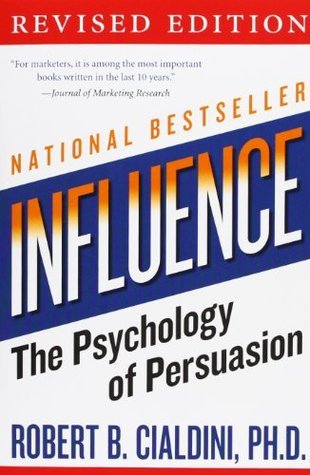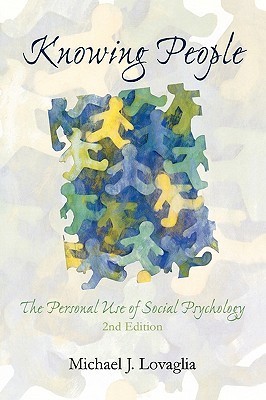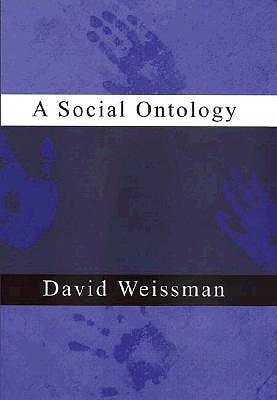
The Social Animal
Book Description
What drives human connection and compassion in a world often ruled by competition? *The Social Animal* dives deep into the heart of social psychology, unraveling the mysteries of love, friendship, and the bonds that shape our very existence. With compelling stories and groundbreaking research, Aronson exposes the intricate dance of societal influence and personal choice. As emotions clash and alliances form, the power of empathy shines through, revealing how our instincts push us toward connection. Can understanding the roots of our social fabric transform our lives for the better? The answer awaits within these pages.
Quick Book Summary
"The Social Animal" by Elliot Aronson explores the complex and powerful forces that shape human behavior, focusing on how social influence, self-perception, and the need for connection drive our actions. Blending storytelling and scientific research, Aronson investigates topics like conformity, persuasion, group dynamics, prejudice, aggression, and love. He reveals that our identities and choices are deeply molded by our surroundings and the people we interact with. The book demonstrates how understanding social psychology not only illuminates why we behave as we do but also empowers us to foster more empathy, cooperation, and positive societal change. Ultimately, Aronson encourages readers to use this knowledge to create kinder, more connected lives.
Summary of Key Ideas
Table of Contents
The Power of Social Influence
Aronson begins by revealing how fundamental social influence is to human behavior. Through classic experiments and modern examples, he illustrates that we are wired to mimic, adapt, and respond to the cues of those around us. Whether it’s the pressure to conform or the subtle nudges of persuasive communication, our choices rarely occur in a vacuum. Social influence can be both overt, like direct commands, and covert, like societal expectations or cultural norms, and understanding its mechanisms helps us become more mindful of when our actions are self-chosen or socially driven.
Formation of Identity and Self-Concept
The book progresses by analyzing how personal identity and self-concept emerge from interactions with others. Aronson explains that our sense of self is not fixed, but continually shaped by feedback, social comparison, and environmental context. We grow by negotiating who we are within familial, communal, and societal frameworks. This dynamic process determines our beliefs, motivations, and aspirations as we adopt the attitudes and values of those close to us, sometimes unconsciously allowing group judgments to alter our individual character.
Conformity and Group Behavior
Group behavior and conformity are dissected to show the trade-off between individuality and belonging. Aronson uses famous studies, such as Asch’s conformity experiments, to showcase how the desire to fit in often overrides critical thinking. This tendency can produce both cooperative achievements and destructive outcomes. The evolution of groupthink, polarization, and mob mentality demonstrate how being part of a collective can amplify both virtues and vices, emphasizing the importance of awareness and critical self-reflection in group settings.
Prejudice and the Roots of Discrimination
A critical part of the book examines the origins of prejudice and discrimination. Aronson demonstrates that these attitudes are less about reason and more about learned associations, categorization, and the need to affirm one’s own group. He unpacks how stereotypes are formed, perpetuated by media or tradition, and lead to real-world harm. Through education and deliberate exposure to diversity, biases can be reduced. The path to an empathetic, inclusive society lies in understanding these psychological roots and actively working to overcome them.
The Science of Relationships and Compassion
Aronson concludes by focusing on the positive side of our social nature, highlighting the science of love, compassion, and cooperation. While competition is part of human evolution, the capacity for empathy and friendship is equally essential. Aronson illuminates how small acts of kindness and emotional attunement can build trust, foster intimacy, and support mental wellbeing. By acknowledging our social interconnectedness and cultivating compassion, individuals and societies can move towards healthier, more supportive relationships and communities.
Download This Summary
Get a free PDF of this summary instantly — no email required.





